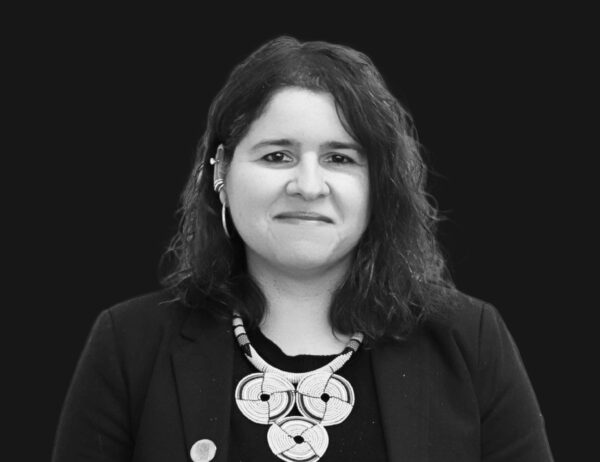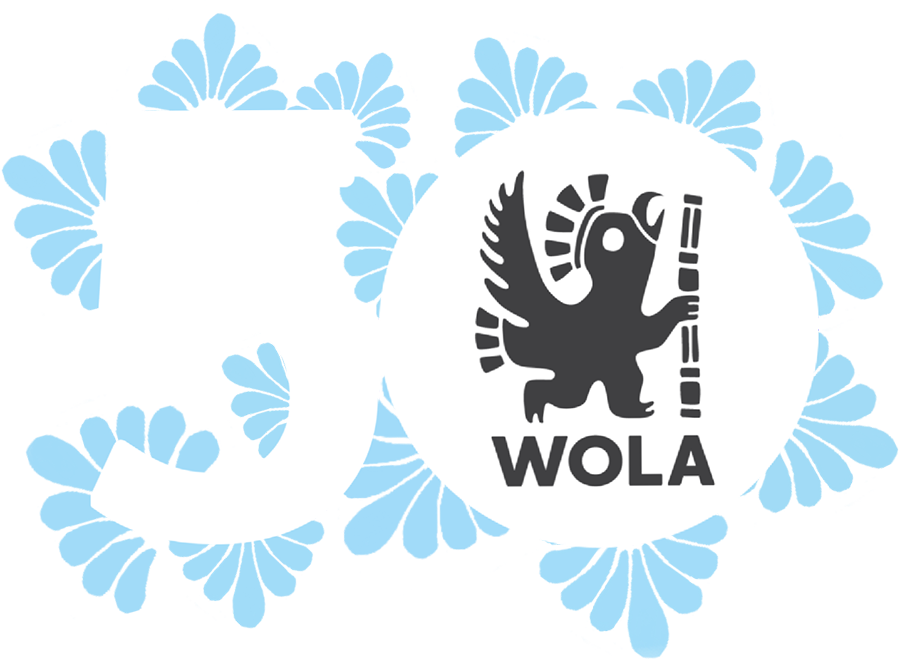With presidential elections in Venezuela just one month away, addressing the pervasive issue of impunity in Venezuela will be key for the country’s future. Impunity has been exacerbated under the 25 year rule of Presidents Hugo Chávez and Nicolás Maduro who dismantled democratic institutions, particularly the judiciary, which has been weaponized by the executive branch. The erosion of institutions has fostered an environment where human rights violations, including torture and extrajudicial killings, go unpunished, perpetuating a cycle of injustice.
Historically in Latin America the false dichotomy of “impunity versus justice” has prevailed in political transitions. But the 20th century idea that justice for human rights violations was an obstacle for transitions to democracy has only served to perpetuate violence and the structures that created it in the first place. Impunity not only undermines transitional justice efforts but also threatens long-term democratic sustainability. Therefore it is fundamental to establish certain minimum standards for justice today to ensure that a political transition can take place in the future.
The scale of abuses documented by organizations like PROVEA is staggering. Under the government of Nicolás Maduro, from 2013 to 2023, the group registered 1652 cases of torture, 7309 cases of cruel, inhuman and degrading treatment and 10085 assassinations committed by State agents. In fact, Venezuela ranks among the highest globally in terms of impunity, reflecting systemic failures in judicial independence and accountability. Even constitutional guarantees of judicial independence have been compromised, with judges facing harassment, arbitrary removals, and even criminal persecution if they challenge executive orders, as exemplified by the case of Judge María Lourdes Afiuni.
Internationally, there has been extensive condemnation and scrutiny. Venezuela is the only country in the Americas under investigation by the International Criminal Court for crimes against humanity. In addition, the UN Human Rights Council established an independent fact-finding mission to investigate human rights abuses committed since 2014. However, Venezuela has obstructed these efforts, refusing entry to international organizations and expelling the UN Office of the High Commissioner for Human Rights.
Looking forward, there are key steps that need to be taken to address impunity during a potential democratic transition. These include:
1) Restoring judicial independence
2) Rejecting general amnesty laws that shield perpetrators of grave human rights abuses
3) Re-engaging with international human rights mechanisms.
These steps are crucial for rebuilding trust in State institutions and ensuring accountability for past atrocities, which are essential for laying the foundation of a democratic rule of law in Venezuela.
Impunity is not just a legal imperative but a moral and political necessity for Venezuela’s future. Without tackling impunity and restoring judicial independence, the wounds of the past will continue to fester, posing significant obstacles to democratic consolidation and human rights protection in the country.
Click here to read the full article in Spanish published in LASA FORUM Volume 55 Number 2






